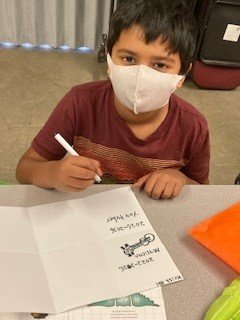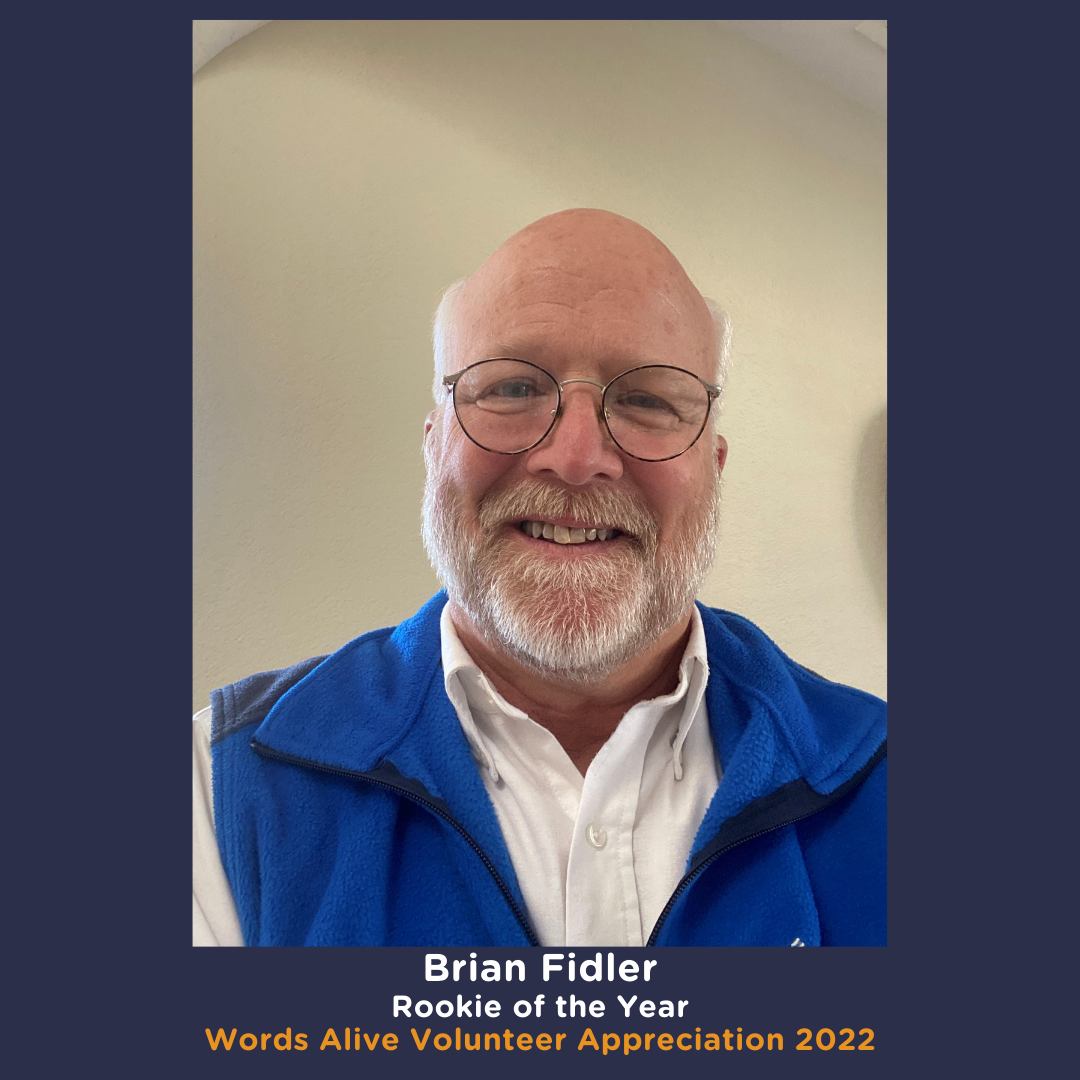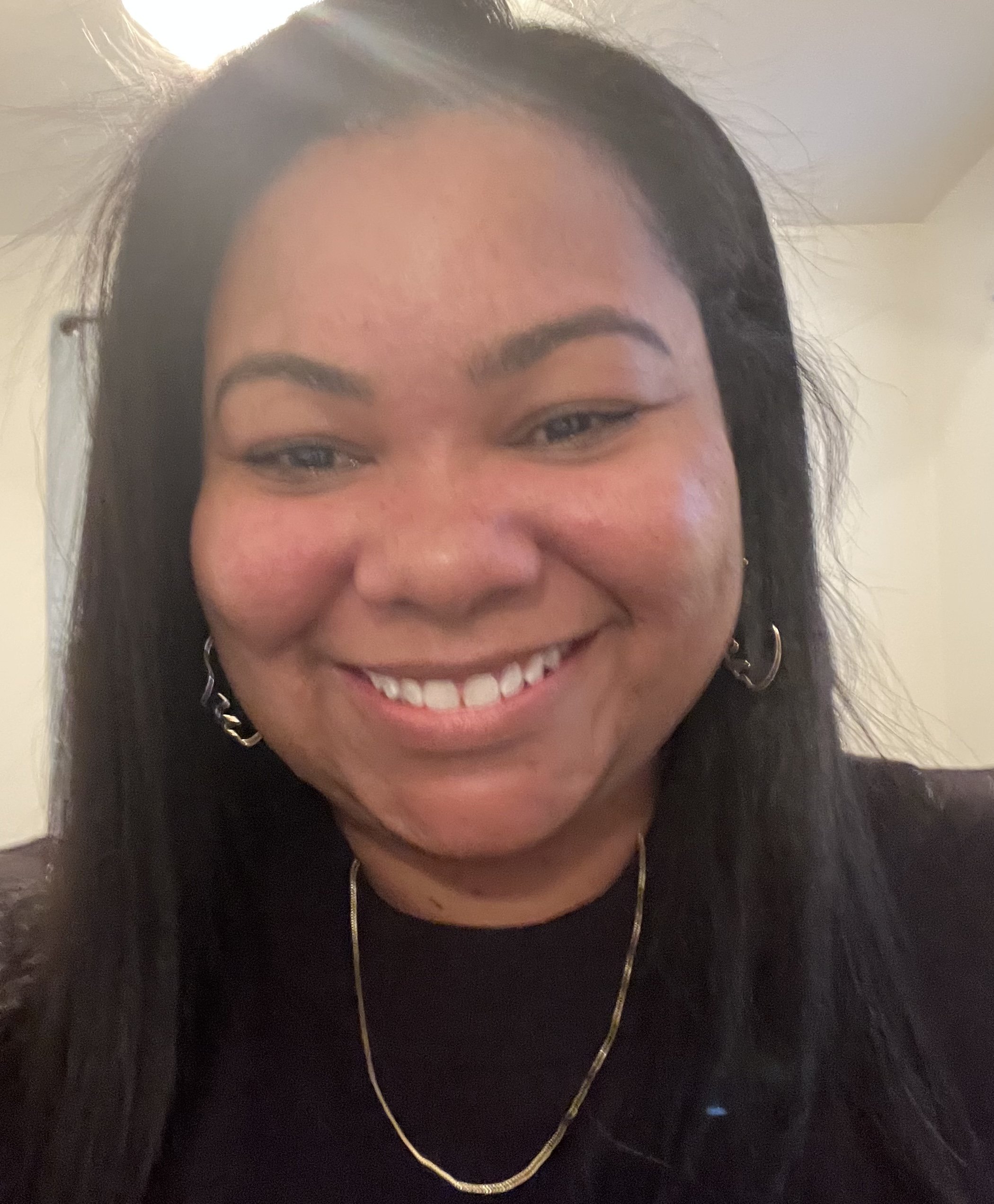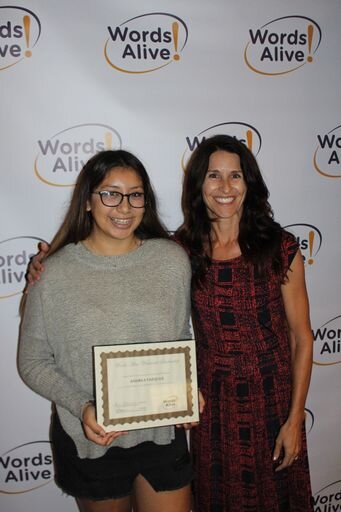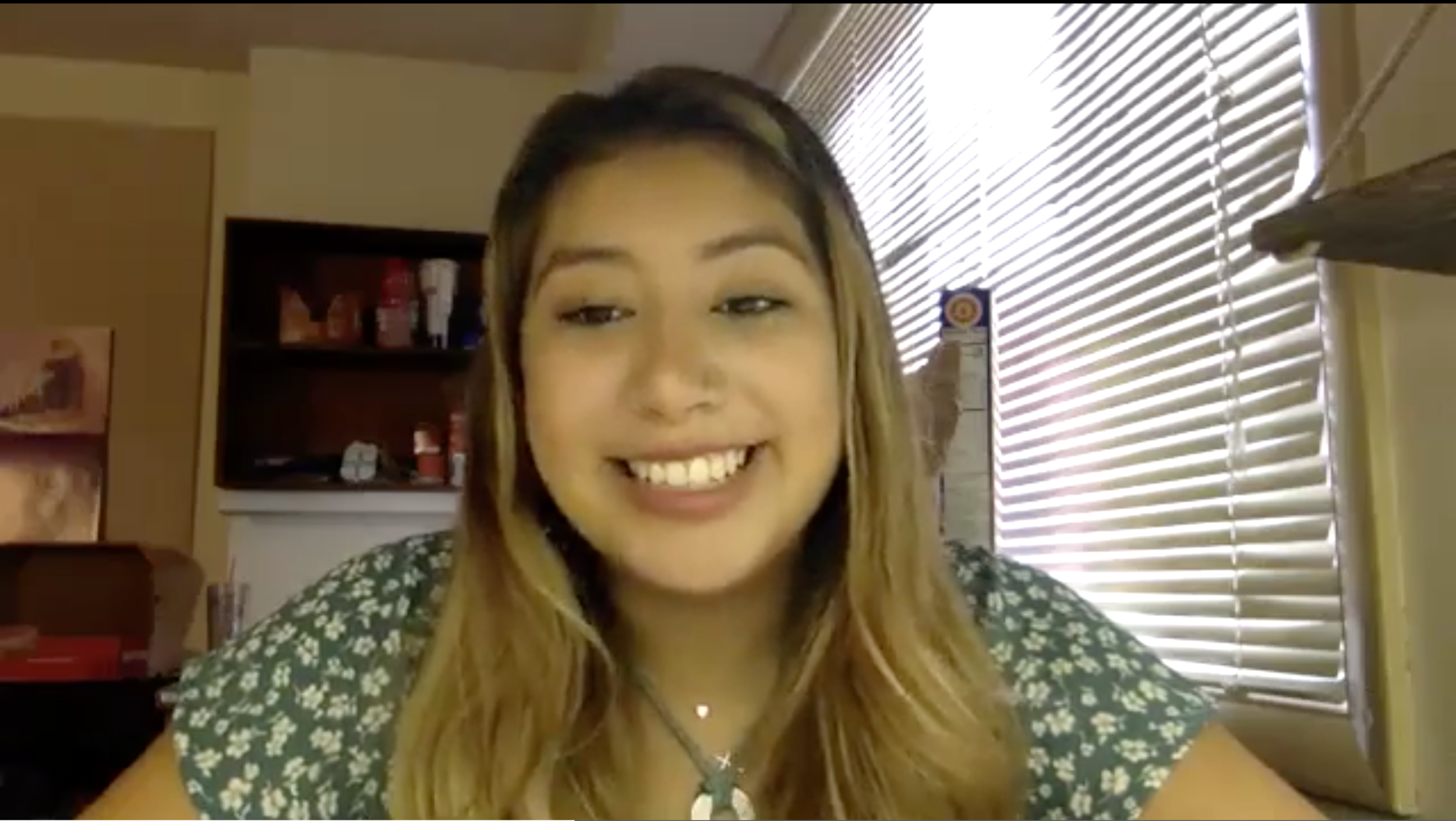We are so excited to announce a new addition to the Words Alive team: our new Young Adult Program Manager, Marisol Vasquez! Read on to learn more about Marisol and their drive to join the Words Alive team!
Marisol (they/them & she/her) is an activist and educator with a career centered around the critical relationship between K-12 education and reproductive justice. She graduated from San Diego State University in 2018 with a degree in Political Science and minor in Chicana/o Studies. Marisol comes to Words Alive with ten years of social justice and community organizing experience. Marisol has been recognized for her contributions by the Human Rights Campaign in 2014 for the Outstanding Youth Award and again in 2018 by SDSU for the Ned Joy Award for Excellence in Scholarship, Leadership & Community. A self-described lifelong-learner, Marisol is excited to share her enthusiasm for literary empowerment with students and volunteers alike.
Now a few words from Marisol!
What intrigued you about Words Alive? Why did you want to join the team?
I was determined to join the team before I had even finished reading the job description for the position. My personal values are incredibly linked to the mission and values of Words Alive. I became a student advocate quickly and haven’t stopped working to support others and foster a love of learning. My career is dedicated to supporting and empowering marginalized youth through education, and Words Alive has amazing partners who support families experiencing extraordinary circumstances—this is very much a dream job to me, and I am ecstatic to be a part of such a talented team.
What are you most excited about in your new position?
I am probably most excited for the incredible people I am partnered with through the Adolescent Book Group. Not only do I get to work with the communities I am most passionate about, I get to work with educators and volunteers who are just as passionate about these communities.
What is your relationship with literacy and learning?
My relationship to literacy and learning is incredibly political and personal. By the time I left kindergarten, I had watched my mom earn her master’s degree while I was learning how to read. Conversely, when my grandma was in kindergarten, she wasn’t allowed to read the books in her classroom because she is Mexican. My family raised me to understand clearly that the passion to learn and read is an economic advantage and the key to personal empowerment. I am grateful to my family that my love of reading and writing has always been encouraged and I look forward to sharing that encouragement with others.
What are you currently reading?
I am currently reading Wake: The Hidden History of Women-Led Slave Revolts by Rebecca Hall. It’s a fantastic graphic novel telling the story of the historian writing the book and the women she learns about along the way. It combines my two favorite genres of historical nonfiction and biographies



